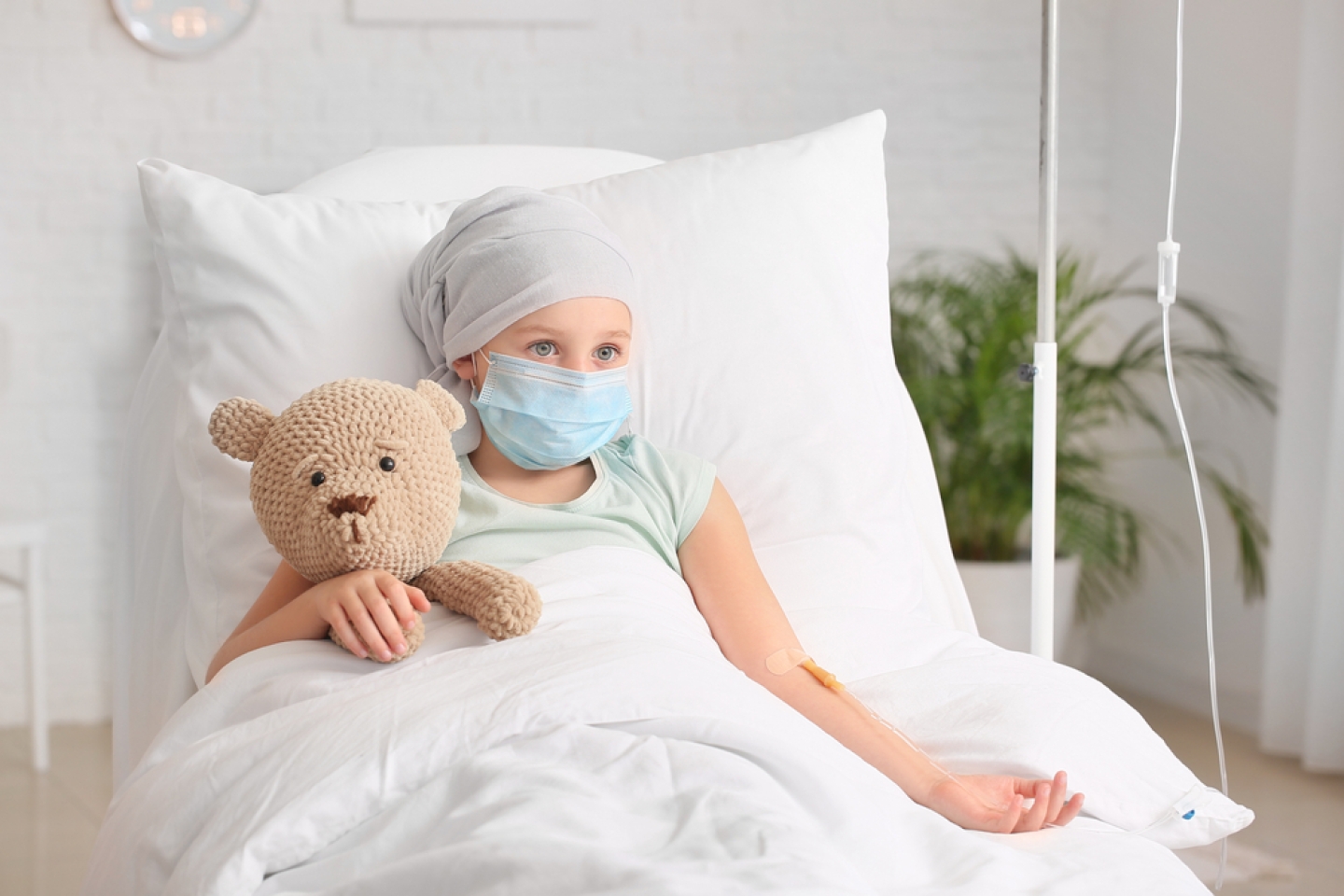
Childhood cancer, though relatively rare compared to adult cancer, remains a significant concern worldwide. The staggering impact it has on young lives necessitates proactive steps towards prevention. While not all cases can be avoided, several strategies can help mitigate the risk. Understanding these preventive measures is crucial in safeguarding the well-being of children. Moreover, the expertise of specialists like Dr. Vikas Dua, a renowned Pediatric Hematologist in Delhi, can provide invaluable insights into preventive approaches and early intervention.
- Promoting a Healthy Lifestyle: Encouraging healthy habits from an early age is key to preventing various diseases, including cancer. Emphasizing a balanced diet rich in fruits, vegetables, and whole grains can fortify the immune system and reduce cancer risk. Limiting processed foods, sugary drinks, and excessive red meat consumption is essential. Regular physical activity not only helps maintain a healthy weight but also supports overall well-being, reducing cancer susceptibility.
- Immunizations: Vaccinations play a pivotal role in preventing certain types of cancers. Vaccines against human papillomavirus (HPV) and hepatitis B significantly reduce the risk of developing related cancers later in life. Ensuring children receive these vaccines as per the recommended schedule is imperative in cancer prevention.
- Avoiding Carcinogens: Minimizing exposure to carcinogens in the environment is crucial. Parents should be mindful of potential carcinogens such as tobacco smoke, both first-hand and second-hand, as it significantly heightens the risk of childhood cancer. Additionally, reducing exposure to radiation and harmful chemicals, including those found in household products, can lower cancer risks.
- Sun Protection: Protecting children from excessive sun exposure reduces the risk of skin cancer. Encouraging the use of sunscreen, protective clothing, hats, and seeking shade during peak sun hours helps prevent harmful UV radiation damage.
- Genetic Counseling and Testing: Certain cancers have a genetic component. Families with a history of cancer may benefit from genetic counseling and testing. Early identification of genetic predispositions allows for proactive measures and personalized screening plans to detect cancer at its earliest stages, improving treatment outcomes.
- Regular Health Check-ups: Routine health check-ups and screenings are essential for early detection and intervention. Parents should ensure their children undergo regular medical examinations, allowing healthcare providers to detect any abnormalities or warning signs of cancer early on.
Dr. Vikas Dua, a highly esteemed Pediatric Hematologist in Delhi, emphasizes the importance of early diagnosis and comprehensive care in combating childhood cancer. His expertise in pediatric hematology and oncology enables him to guide families towards preventive measures and early intervention strategies.
- Education and Awareness: Educating both children and parents about cancer symptoms, risk factors, and preventive measures is pivotal. Awareness campaigns in schools and communities can empower individuals to recognize warning signs early, fostering timely medical intervention.
- Psychological Support: Coping with a cancer diagnosis can be overwhelming for children and their families. Providing psychological support and counseling can significantly alleviate stress and help in managing the emotional challenges associated with the disease.
- Support Research Efforts: Supporting research initiatives focused on childhood cancer helps in understanding the disease better and developing more effective preventive strategies and treatments.
In conclusion, while not all childhood cancers can be prevented, taking proactive steps significantly reduces the risk. Implementing healthy lifestyle choices, ensuring vaccinations, minimizing exposure to carcinogens, and seeking guidance from specialists like Dr. Vikas Dua contribute to the prevention and early detection of childhood cancer. A concerted effort from families, healthcare providers, and communities is crucial in the fight against this devastating disease.

